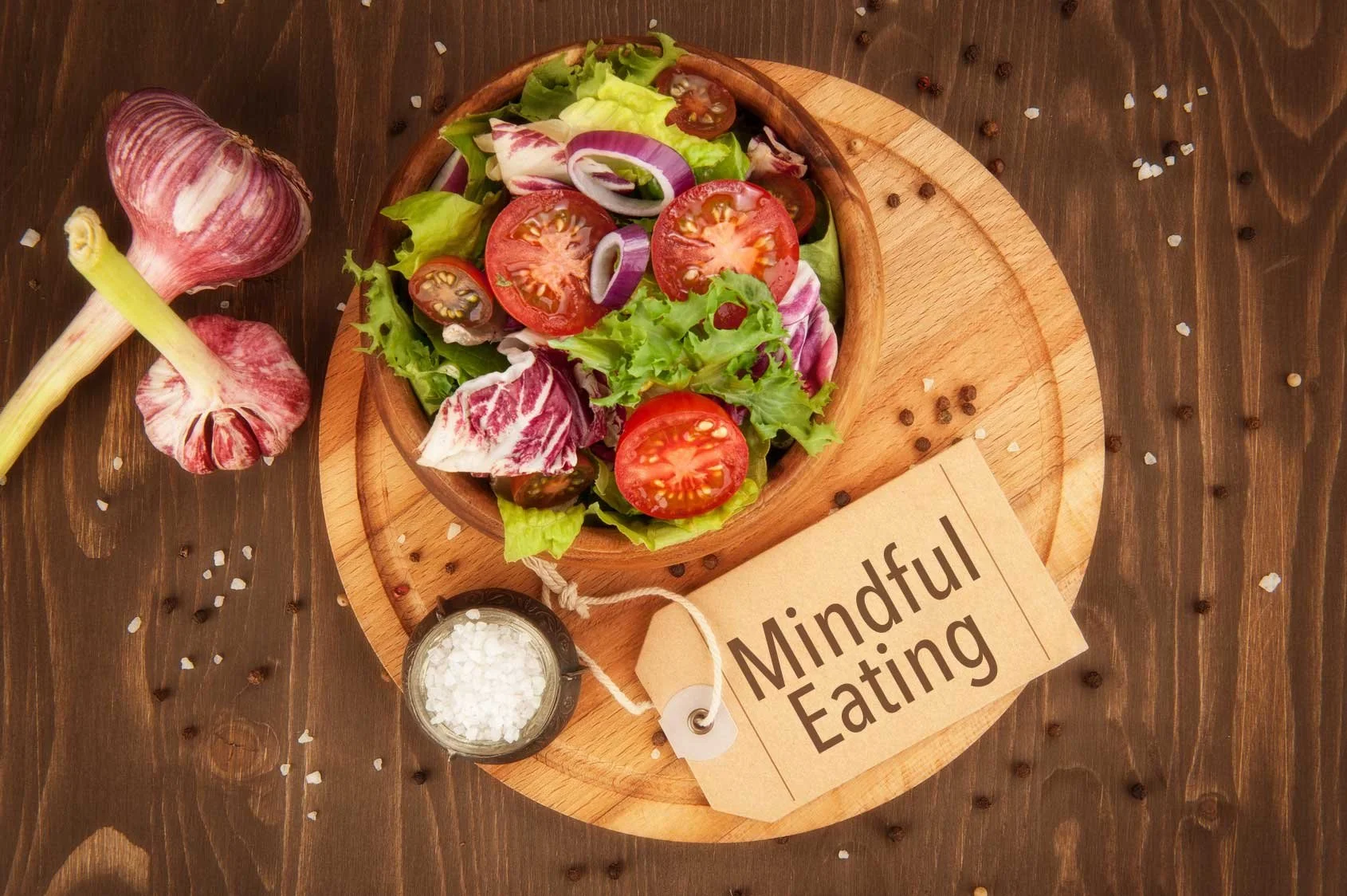Mindful Eating: How Paying Attention Can Help You Lose Weight
In today’s fast-paced world, it’s easy to grab a meal on the go, eat in front of a screen, or finish a bag of chips without even realizing it. This mindless approach to eating not only disconnects us from the experience of enjoying food but can also lead to overeating and weight gain. Enter mindful eating: a powerful practice that helps you slow down, tune in to your body’s needs, and build a healthier relationship with food.
What Is Mindful Eating?
Mindful eating is about paying full attention to your food—noticing its flavors, textures, smells, and the way it makes you feel. It’s also about being aware of your body’s hunger and fullness signals, helping you eat when you’re hungry and stop when you’re satisfied.
Unlike traditional diets that focus on what you eat, mindful eating emphasizes how you eat. It encourages you to savor each bite, recognize emotional triggers for eating, and make intentional choices that align with your health goals.
How Mindful Eating Helps with Weight Loss
-
When you eat mindlessly, it’s easy to consume more calories than your body needs. Mindful eating slows you down, giving your brain time to register fullness. This can help you avoid overeating and feel more satisfied with smaller portions.
-
Many people turn to food for comfort during stress, boredom, or sadness. Mindful eating helps you identify these emotional triggers and find non-food ways to cope, like taking a walk, meditating, or journaling.
-
Paying attention to your food makes you more aware of what you’re eating. You’re more likely to choose nutritious options that nourish your body rather than reaching for processed snacks out of habit. n text goes here
-
Mindful eating turns every meal into an experience. By savoring your food, you’re more satisfied and less likely to feel deprived, which can help prevent binge eating or unhealthy cravings.
Tips to Start Eating Mindfully
Eat Without Distractions:
Put away your phone, turn off the TV, and focus entirely on your meal. This helps you fully experience your food and recognize when you’re full.
Chew Slowly:
Take smaller bites and chew thoroughly. This not only aids digestion but also allows your brain to catch up with your stomach.
Check in with Your Body:
Before eating, ask yourself: “Am I truly hungry, or am I eating out of boredom or stress?” This simple question can help you make more intentional choices.
Engage Your Senses:
Notice the colors, smells, and textures of your food. With each bite, focus on how it tastes and how it makes you feel.
Practice Gratitude:
Take a moment to appreciate your meal—where it came from, the effort it took to prepare, and how it nourishes your body.
Making Mindful Eating a Habit
Like any new practice, mindful eating takes time to develop. Start by focusing on one meal a day, then gradually extend the habit to other meals and snacks. Remember, the goal isn’t perfection but progress.
Mindful eating isn’t just a tool for weight loss—it’s a lifelong practice that can transform your relationship with food and your body. By slowing down and paying attention, you’re not only more likely to achieve your weight loss goals but also enjoy a healthier, more balanced life.

